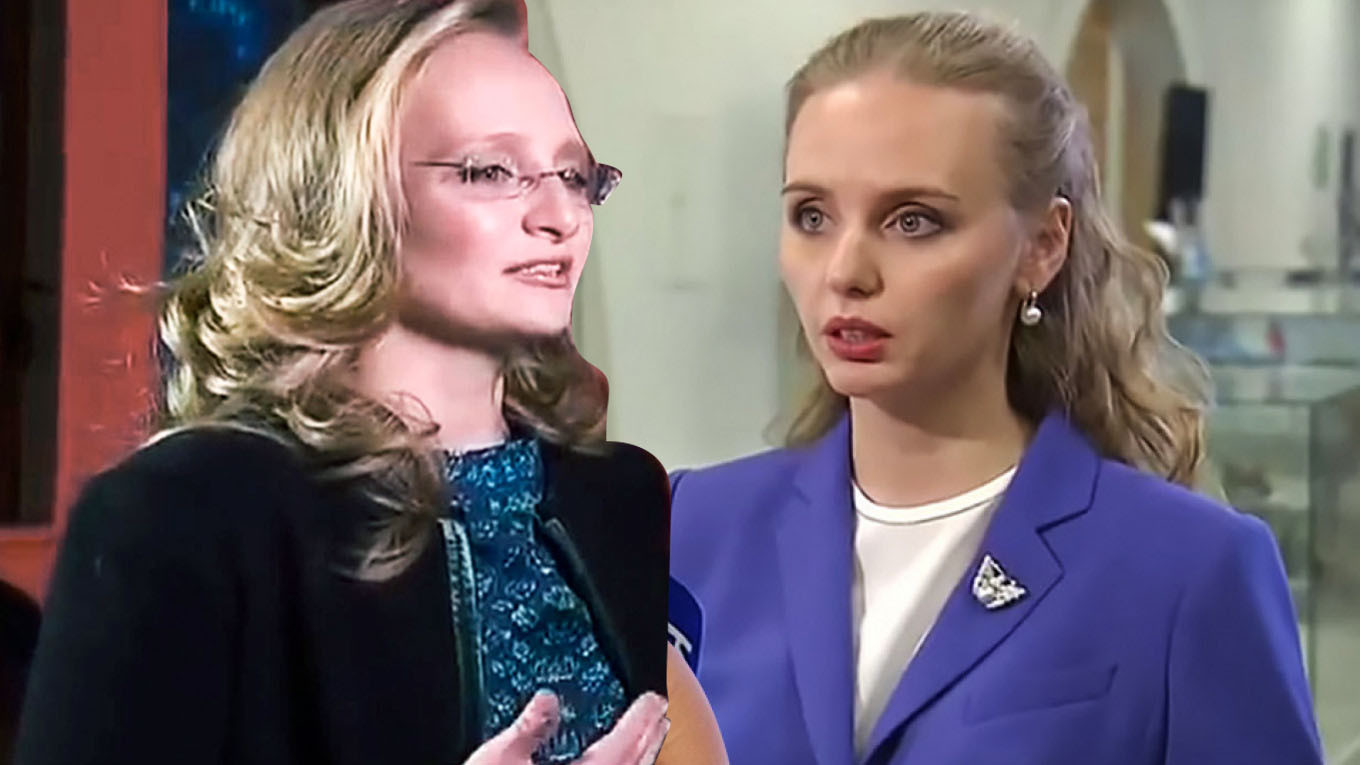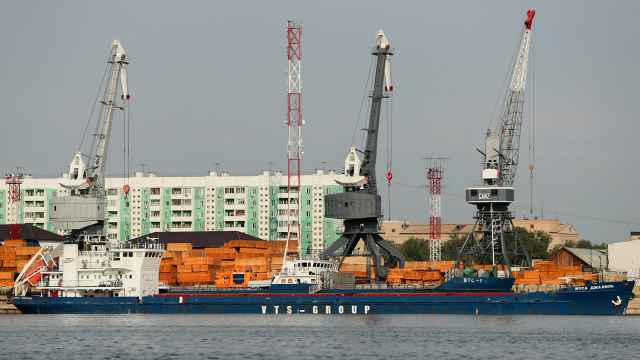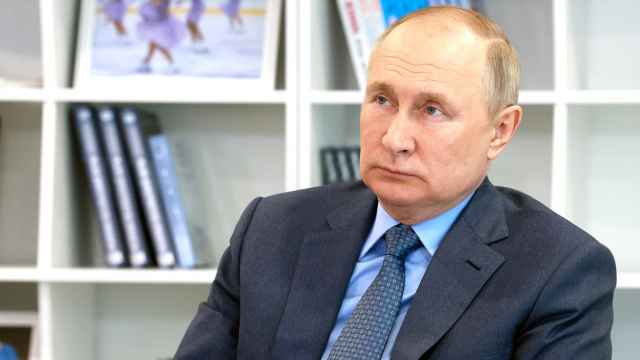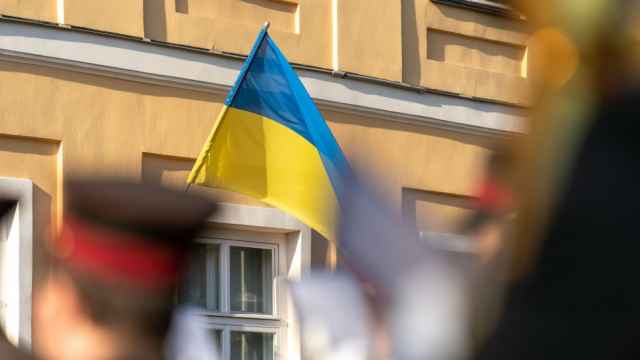The EU blacklisted Russian President Vladimir Putin's two adult daughters and more than 200 other people as part of its latest sanctions package over Moscow's war in Ukraine, according to an official list published late Friday.
Those on the list, which additionally included 18 companies, face asset seizures and travel bans in the 27-nation European Union.
The United States and Britain had already sanctioned Putin's two daughters: Maria Vorontsova and Katerina (or Ekaterina) Tikhonova, born in 1985 and 1986 respectively.
Their mother is the Russian leader's ex-wife Lyudmila, whose divorce from Putin was announced in 2013.
The Kremlin had kept details of Putin's daughters' lives a closely guarded secret.
EU member states had already agreed their inclusion earlier this week but their blacklisting only took effect late Friday with the publication in the European Union's Official Journal, which requires translation work to be made available in 24 languages.
A total of 217 individuals were added to the EU's blacklist, including Putin's offspring. That expanded the list drawn up against Russia to a total 1,091 people.
Other notable entries on the list were: Herman Gref, the head of Russia's biggest listed bank, Sberbank; oligarch Oleg Deripaska who owns arms factories; defense ministry spokesman Igor Konashenkov; more members of the ultra-wealthy Rotenberg family close to Putin; and the members of the political administrations running separatist Russian-backed enclaves in eastern Ukraine.
"We are again reinforcing our sanctions lists and adding more people from politics, the business sector and those engaged in propaganda activities, together with more entities from the financial, military-industrial and transport sectors," EU foreign policy chief Josep Borrell said in a statement.
"We are targeting the Kremlin, the political and economic elites supporting Putin’s war in Ukraine. The aim of our sanctions is to stop the reckless, inhuman and aggressive behavior of the Russian troops and make clear to the decision makers in the Kremlin that their illegal aggression comes at a heavy cost."
The EU said Vorontsova was on the list because she was co-owner of Nomenko, a company "involved in Russia's largest private investment project in healthcare." She was thus deemed to benefit from the Russian government and was involved in a sector providing it revenue.
She is reputedly married to a Russian-born Dutch businessman, according to media reports.
The EU list had her sister Tikhonova included because "she currently heads the Innopraktika development initiative, funded by key Russian companies whose directors are members of the inner circle of oligarchs close to President Putin." She was also seen to benefit from the Kremlin and be involved in providing it revenue.
The European Union has already imposed an asset freeze on Putin himself over the invasion of Ukraine as it tries to ratchet up pressure on the Russian president and his inner circle,
The EU's latest package of sanctions bans imports of Russian coal, blocks Russian ships from entering European ports, and expands sanctions on Russia's financial sector and on trade.
A Message from The Moscow Times:
Dear readers,
We are facing unprecedented challenges. Russia's Prosecutor General's Office has designated The Moscow Times as an "undesirable" organization, criminalizing our work and putting our staff at risk of prosecution. This follows our earlier unjust labeling as a "foreign agent."
These actions are direct attempts to silence independent journalism in Russia. The authorities claim our work "discredits the decisions of the Russian leadership." We see things differently: we strive to provide accurate, unbiased reporting on Russia.
We, the journalists of The Moscow Times, refuse to be silenced. But to continue our work, we need your help.
Your support, no matter how small, makes a world of difference. If you can, please support us monthly starting from just $2. It's quick to set up, and every contribution makes a significant impact.
By supporting The Moscow Times, you're defending open, independent journalism in the face of repression. Thank you for standing with us.
Remind me later.






